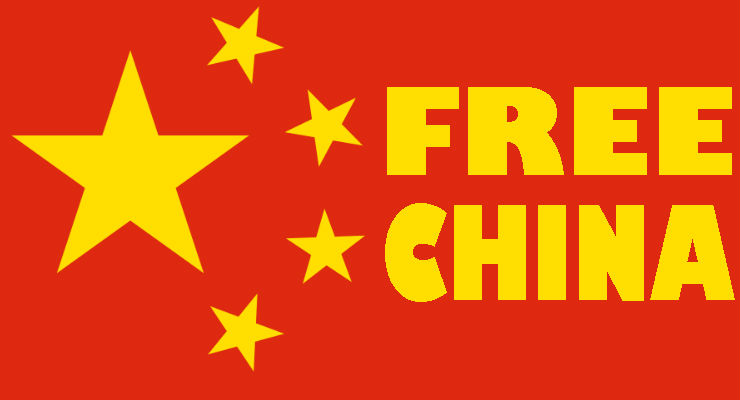
One of the most important trademarks of dictatorships is control and surveillance. Technology facilitates this process but at the same time it poses a great dilemma to the dictator for a number of reasons. Margaret Roberts argues that this dilemma includes:
“[a] backlash against the regime, as populations grow to suspect that government censorship is hiding dirty secrets; consistent repression can create opportunities for discontent. Censorship can also restrict the information available to regimes as they try to gauge public sentiment; …[high] costs of censorship [as] modern censorship is very expensive, not only in terms of government expenditure, but also in terms of the way it can impede market operations, an important consideration in countries, like China, that rely upon e-commerce and foreign trade“.
China typifies this dilemma according to Lanxin Xiang. Democracy Digest revisits these approaches to firewall technologies and dictatorships with the Chinese case study in an interesting piece. Read the article here.
Leave a Reply